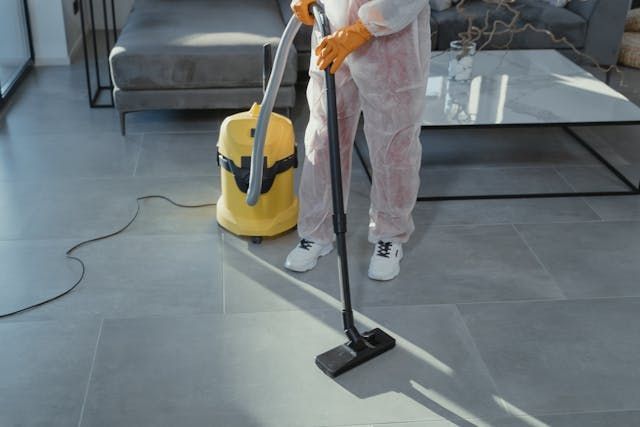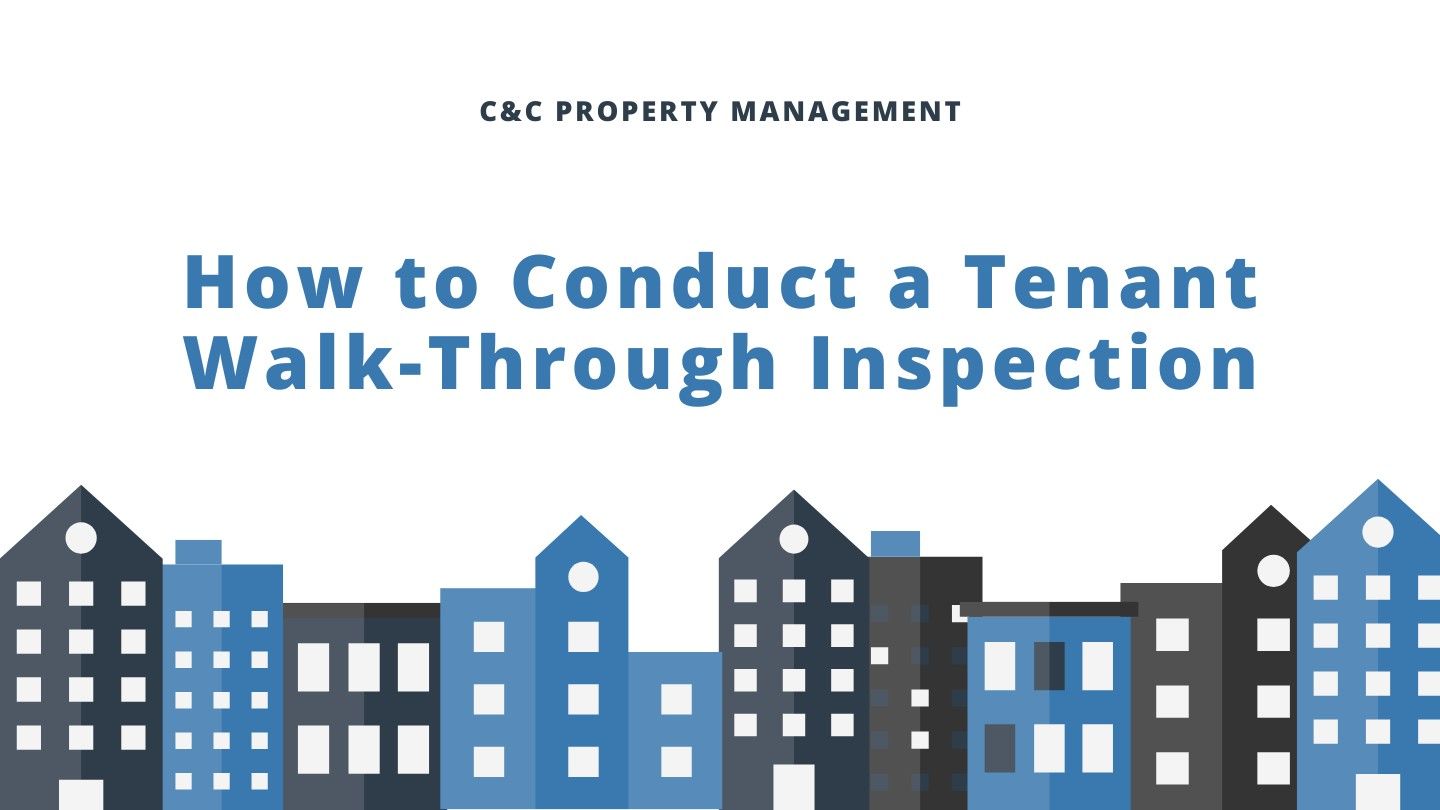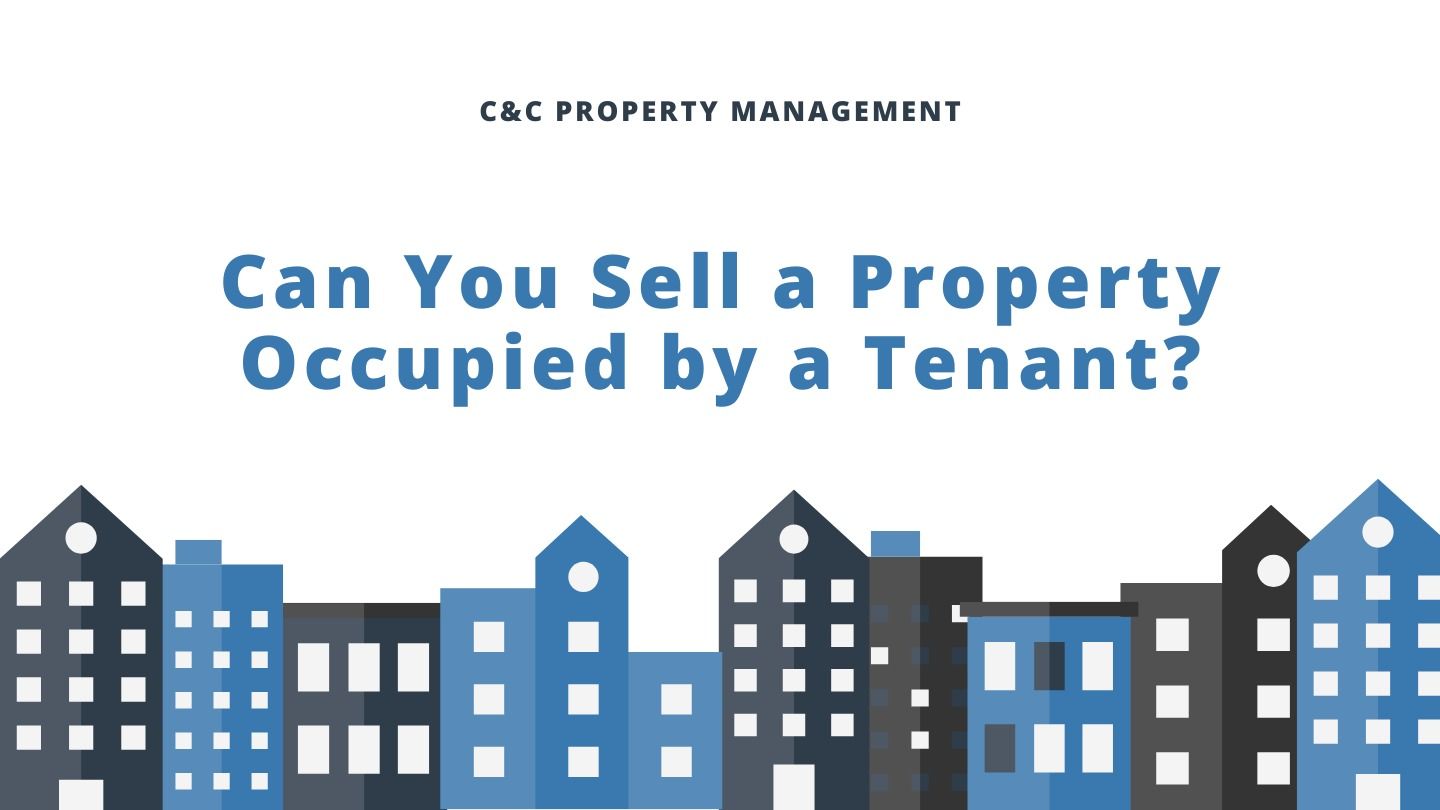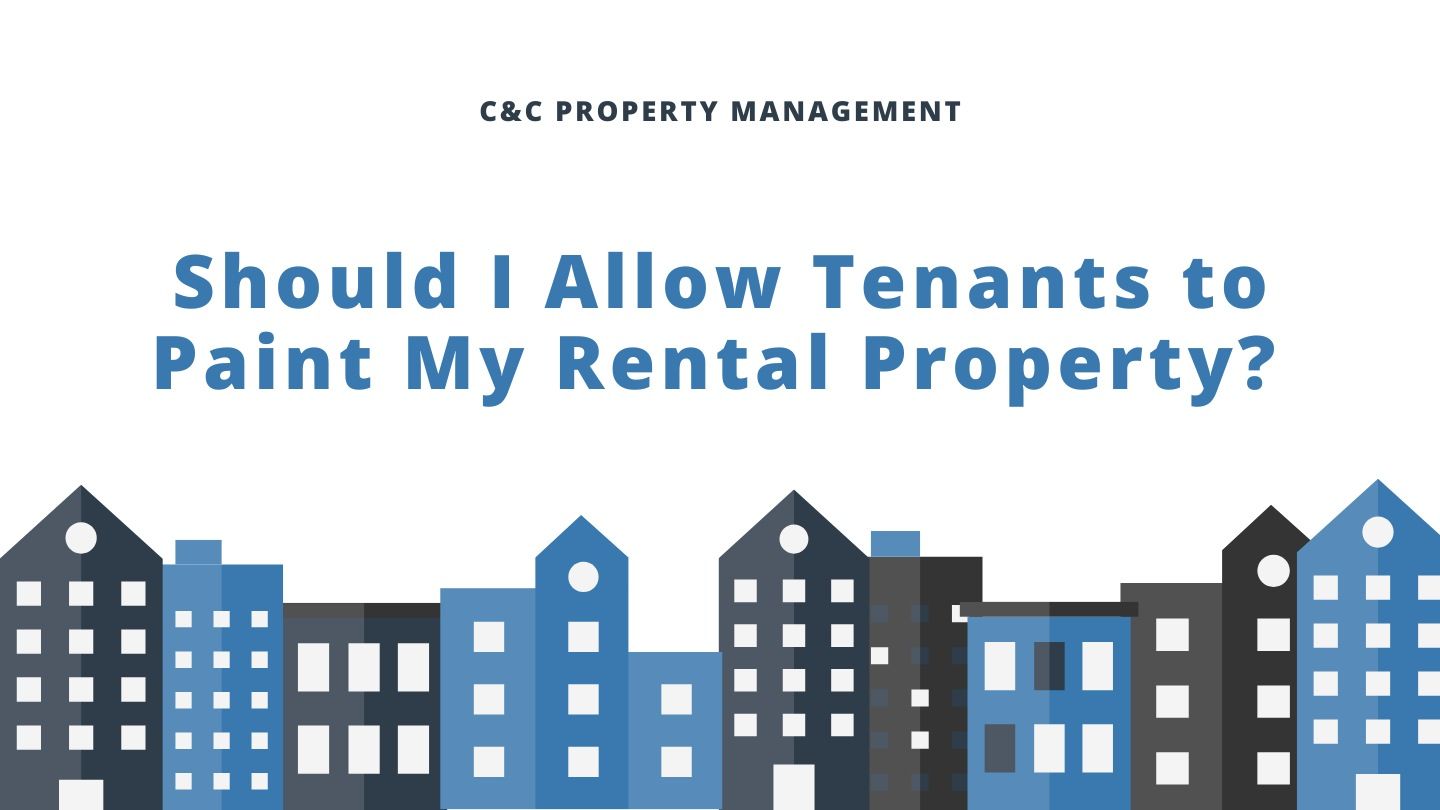End of Tenancy Cleaning
Are you tired of dealing with the hassle of cleaning up after a resident moves out? As a landlord, you know that maintaining your property’s condition is essential to keeping it attractive to future residents and ensuring it stays in top shape. End-of-tenancy cleaning is more than just a simple tidy-up to get the property ready to rent again; it’s about restoring the property to its original state and preserving its value.
From deep cleaning carpets to ensuring every nook and cranny is spotless, this crucial task can be time-consuming and, if not done right, can lead to costly repairs or extended vacancies. In this article, we’ll explore the importance of end-of-tenancy cleaning and how it can help you streamline your property management efforts, protect your investment, and make a lasting impression on prospective residents.
The Importance of End of Tenancy Cleaning
End-of-tenancy cleaning is crucial for maintaining the overall quality and appeal of your property. Here’s why:
- Maintains Property Value: Clean properties retain their value better than neglected ones. Regular cleaning helps prevent wear and tear, keeping the property in great condition for longer.
- Prepares for New Residents: A clean property makes a strong first impression on prospective residents, making it easier to fill vacancies quickly.
- Helps Recover Deposits: If your resident has left the property in poor condition, cleaning the space thoroughly ensures you can recover any damages from their security deposit.
- Prevents Disputes: A deep clean shows your commitment to maintaining a high standard, reducing the likelihood of disagreements with residents over cleanliness or maintenance.

Key Areas to Focus on During End of Tenancy Cleaning
When a resident moves out, some areas need more attention than others. Here’s where to focus:
- Kitchen: The kitchen is one of the most important areas to clean. Pay special attention to the oven, fridge, and countertops, which often get dirty quickly. Grease and grime can build up, so make sure appliances are spotless.
- Bathrooms: Clean and disinfect all surfaces, including the sink, toilet, shower, and floor. Remove any mold or mildew, and make sure mirrors and tiles are gleaming.
- Living Areas and Bedrooms: These areas need to be dusted, including furniture, window sills, and light fixtures. Carpets may need to be vacuumed or steam cleaned, and any marks on the walls should be wiped away.
- Floors and Walls: Scrub any stubborn dirt off floors and mop thoroughly. Check walls for stains or marks and clean them as needed.
- Doors and Windows: Don’t forget to clean the doors and window tracks. Grimy windows can make the entire property feel less fresh.
The Benefits of Professional Cleaning vs. DIY
When deciding whether to clean the property yourself or hire professionals, consider these benefits:
Hiring Professionals
- Expertise: Professional cleaners have the experience and know-how to tackle even the most stubborn dirt or stains.
- Time-Saving: Cleaning an entire property takes time, especially when you have other responsibilities. Hiring professionals ensures the job gets done quickly and efficiently.
- Thoroughness: They often have specialized equipment and cleaning products that give a deeper clean than you might achieve with typical household supplies.
- Peace of Mind: You’ll know the job is done right, which can reduce stress and ensure your property is in top condition.

DIY Cleaning
- Cost-Effective: If you have the time and energy, cleaning it yourself can save money, especially for smaller tasks.
- Control: You have full control over how and when you clean, and you can focus on the areas that matter most to you.
- Personal Satisfaction: If you enjoy cleaning, doing it yourself can give you a sense of accomplishment and ensure you’re meeting your own standards.
Checklist for End of Tenancy Cleaning
A checklist can help ensure no area is missed during the cleaning process. Here’s what you should focus on:
- Living Areas: Dusting, cleaning windows, wiping down furniture.
- Kitchen: Cleaning appliances (oven, fridge, microwave), wiping counters, disinfecting sink.
- Bathrooms: Scrubbing tiles, cleaning toilets, mirrors, and sinks, and addressing mold or grime.
- Bedrooms: Carpet cleaning or floor mopping, dusting furniture, wiping down windowsills.
- Hallways & Stairs: Sweeping, mopping, and cleaning handrails, and door frames.
- Walls & Ceilings: Spot cleaning for marks, dusting vents and light fixtures.
- Additional Areas: Cleaning outdoor spaces, garage, or storage areas if applicable.
How to Handle Extra Cleaning Needs
Sometimes, residents may leave behind extra cleaning challenges, or there may be specific cleaning requests that need attention. Here's how to manage these situations effectively:
Damage or Heavy Wear
If there’s
damage to the property, such as stains on carpets, scratched floors, or marks on the walls, it's essential to address these issues separately. Deep cleaning might not always fix these problems. You may need to arrange for repairs or replacements, which will add extra cost. Always keep a close eye on the condition of the property when a resident moves out to prevent unexpected expenses later.

Odors or Stains
Unpleasant odors or stubborn stains may sometimes linger after cleaning. In such cases, specialized treatments like odor neutralizers or professional carpet cleaning may be required. If the issue is more severe, like pet odors or mold, it’s worth hiring a specialist to ensure the problem is effectively eliminated. Make sure to assess the issue thoroughly to decide the best course of action.
Final Inspection
After cleaning, it’s a good practice to conduct a final inspection of the property to ensure everything is up to standard. You might even want to take photos to document the property’s condition before a new resident moves in. This can help prevent disputes later on.
Bottom Line
End-of-tenancy cleaning is a vital step in maintaining the quality and appeal of your rental property. Whether you choose to tackle it yourself or hire professionals, C&C Property Management is here to help make the process seamless. Their experienced team ensures that your property is cleaned to the highest standards, saving you time and effort. Reach out to
C&C Property Management today to discuss your options and determine the best solution for your needs.








